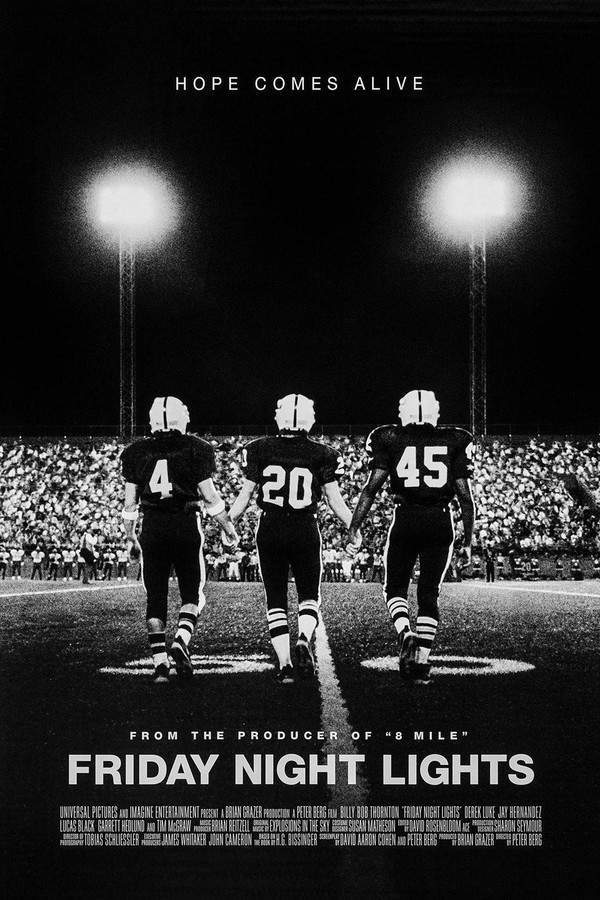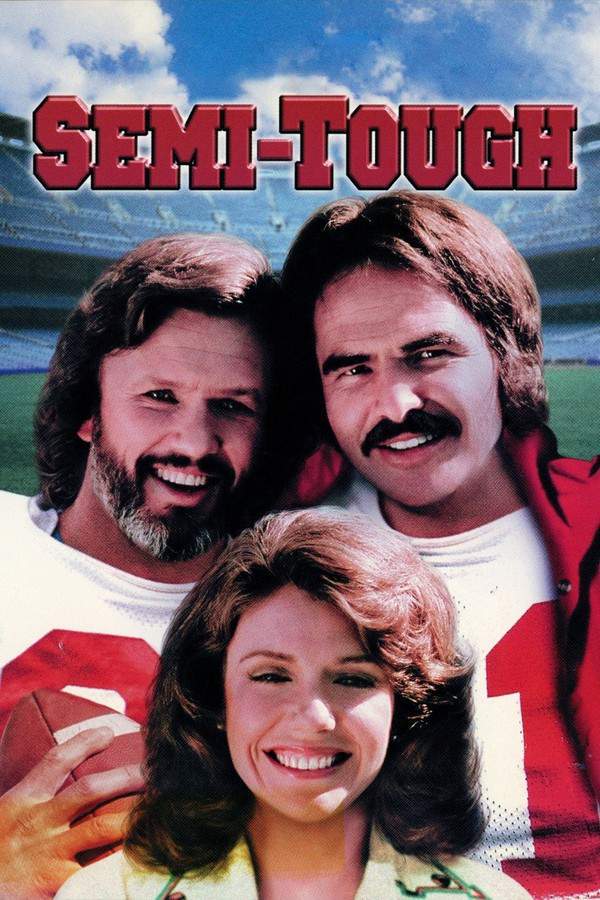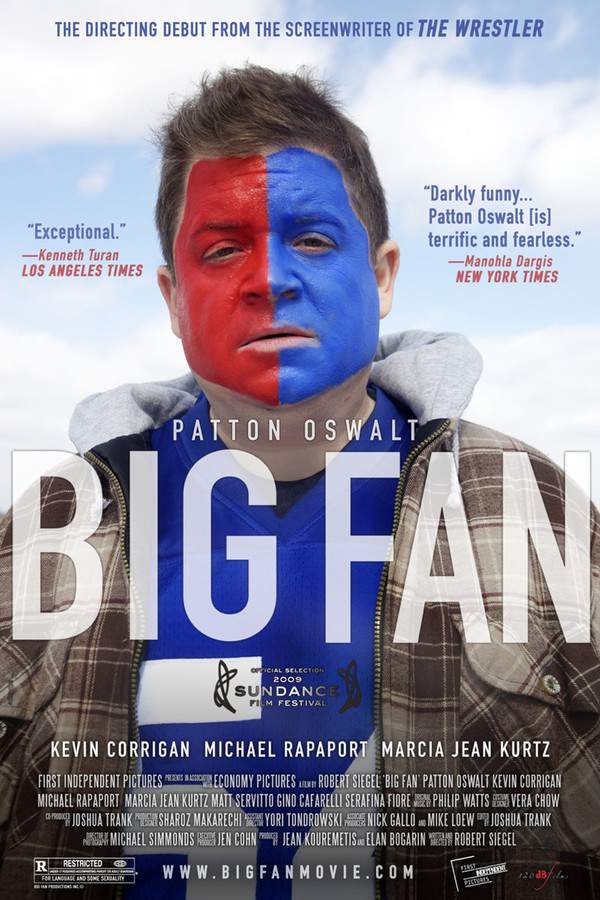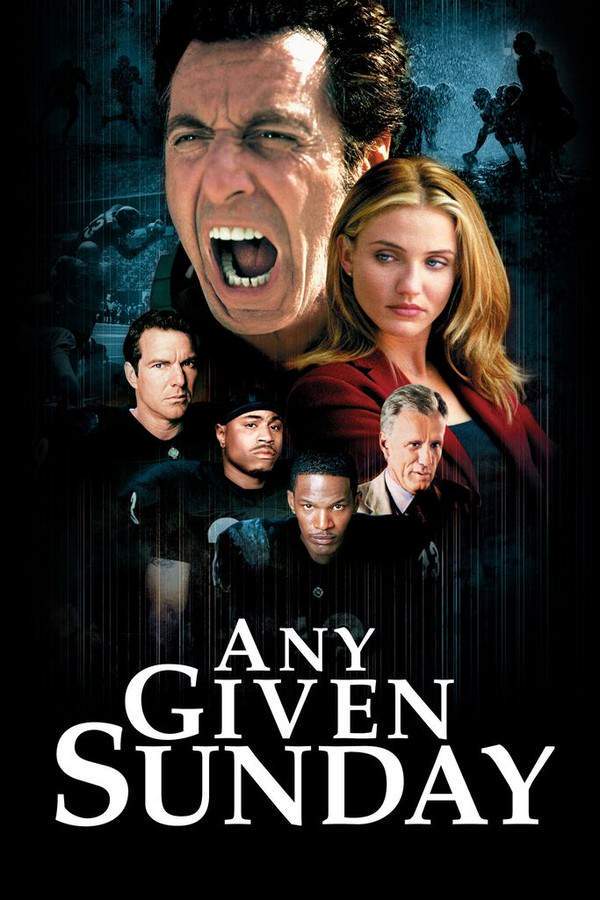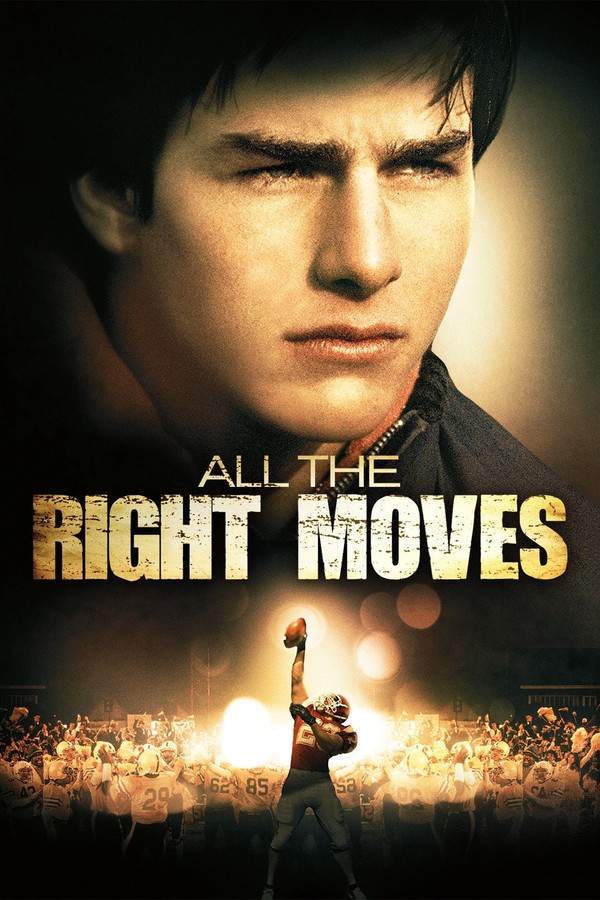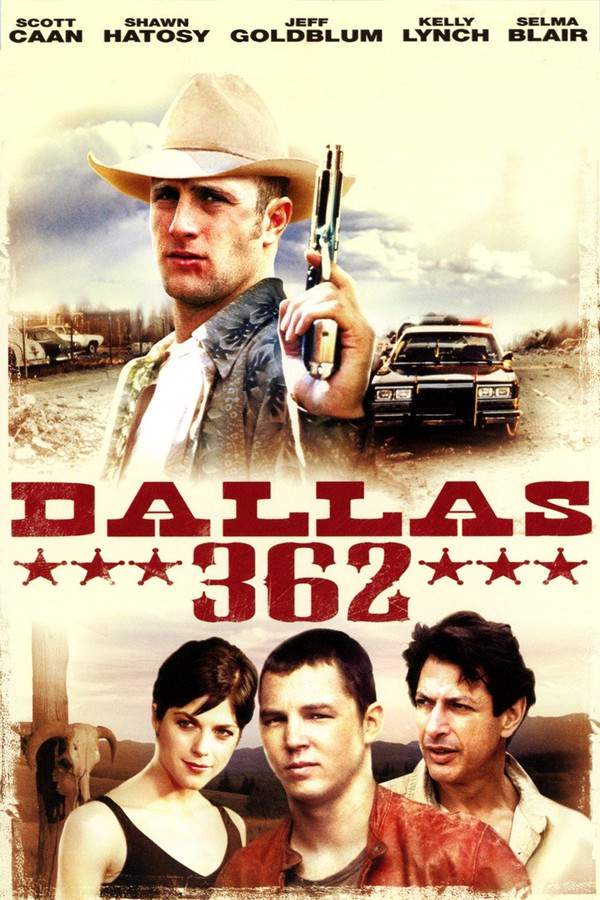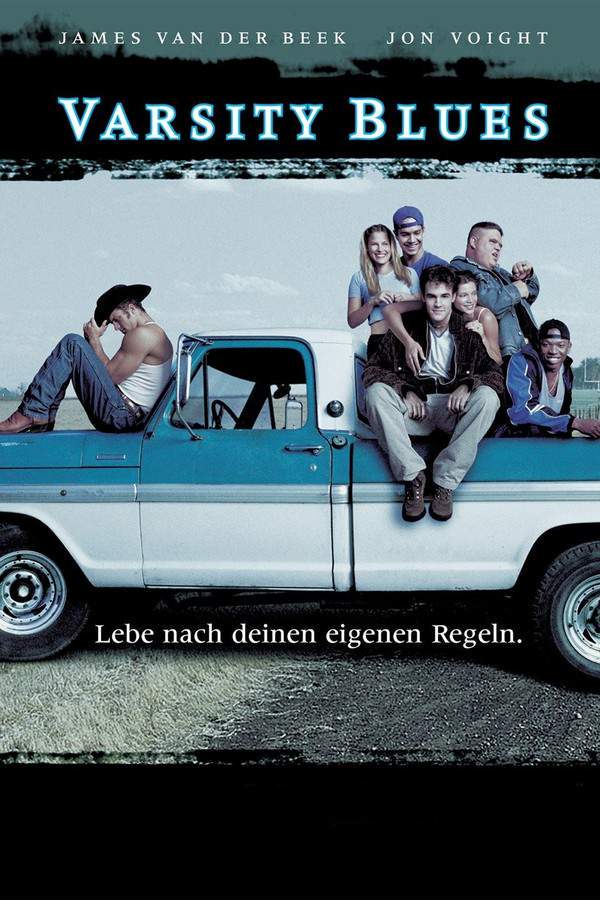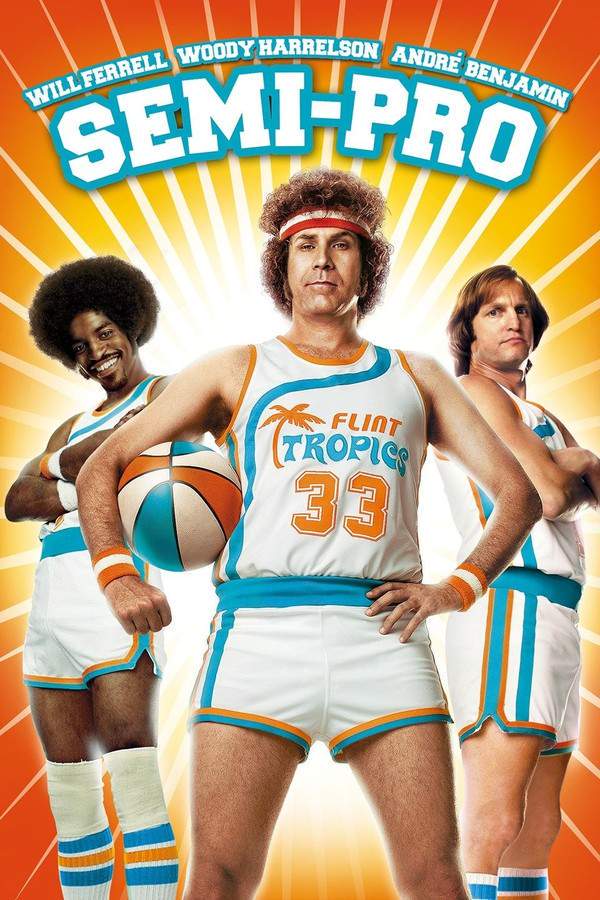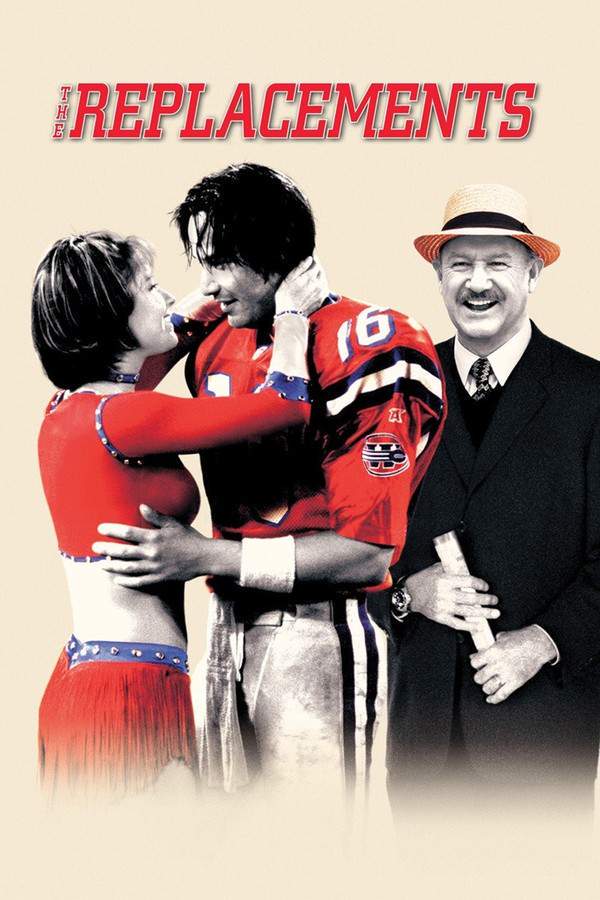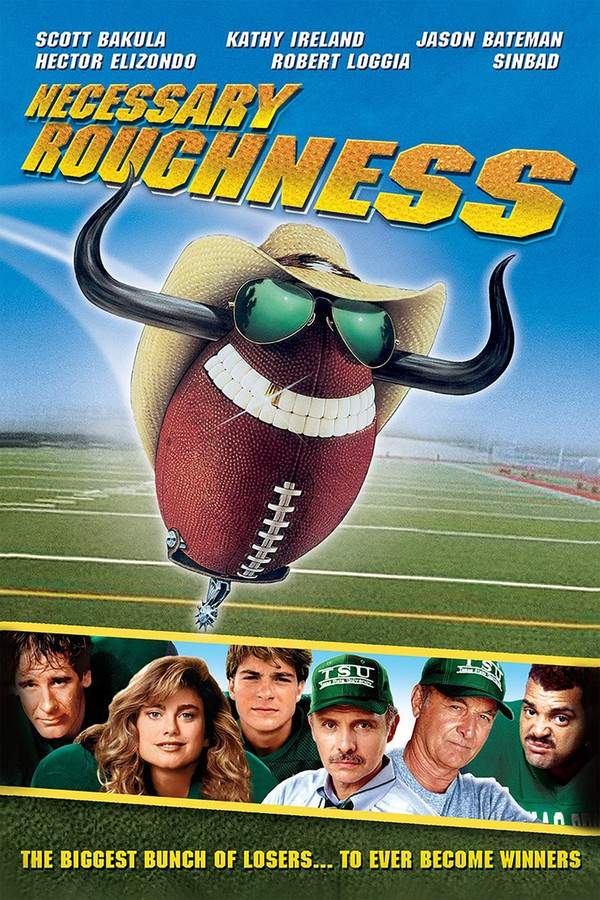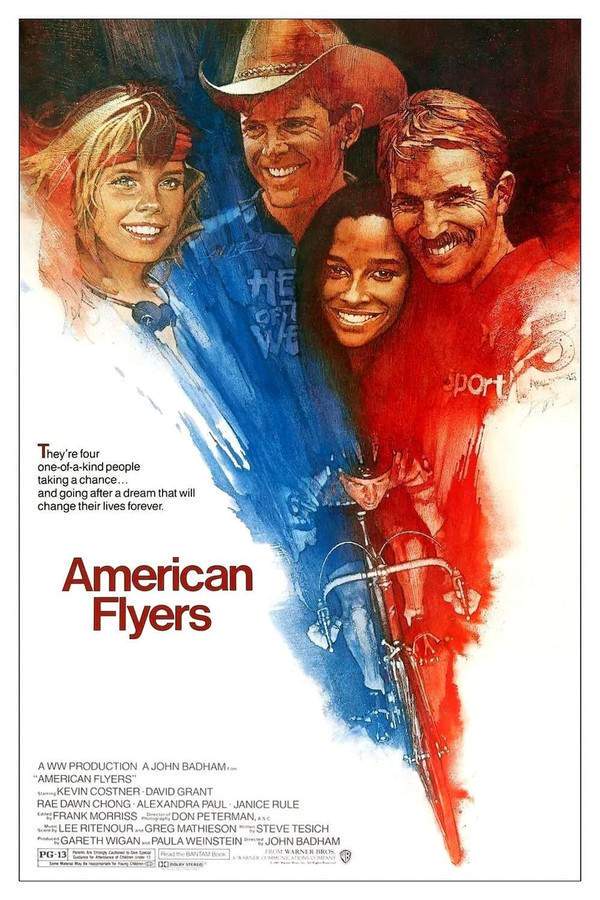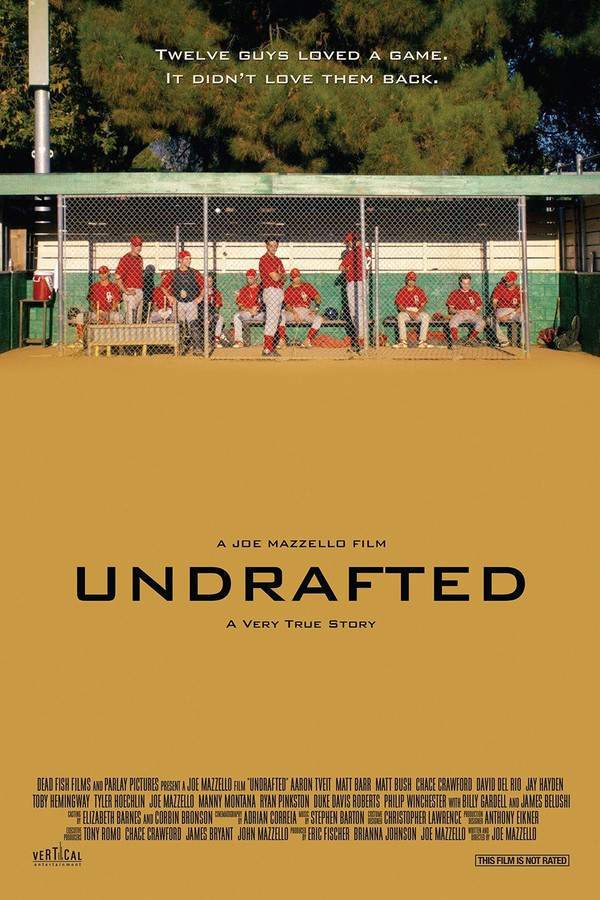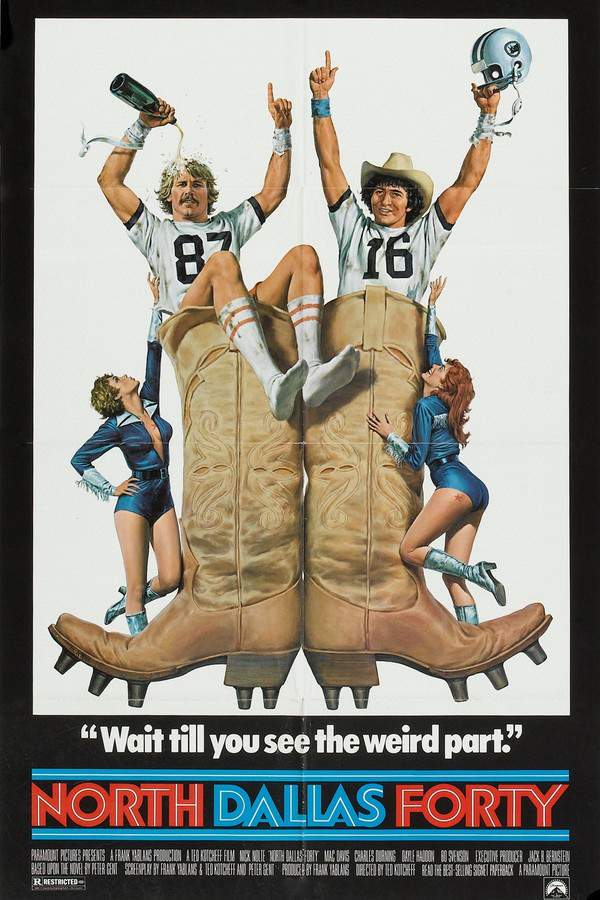
North Dallas Forty 1979
Directed by

Ted Kotcheff
Made by
Paramount Pictures
Test your knowledge of North Dallas Forty with our quiz!
North Dallas Forty Plot Summary
Read the complete plot summary and ending explained for North Dallas Forty (1979). From turning points to emotional moments, uncover what really happened and why it matters.
In the late 1970s, Phil Elliott, played by Nick Nolte, is a wide receiver for the North Dallas Bulls, a team that bears a striking resemblance to the Dallas Cowboys. Known for having “the best hands in the game,” this aging athlete finds himself benched and increasingly dependent on painkillers to cope. Elliott and his charismatic quarterback, Seth Maxwell, portrayed by Mac Davis, are celebrated players who thrive in a tumultuous environment fueled by drugs, sex, and excessive partying. Amidst this chaos, Elliott dreams of a simpler life, longing to retire and tend to a horse farm alongside his girlfriend, Charlotte. Charlotte, an aspiring writer, is portrayed as financially sound and disinterested in the world of football, thanks to a trust fund provided by her affluent family.
The Bulls are driven under the leadership of Coach Strother, played by Dabney Coleman, who chooses to overlook the off-field antics of his players and their trainers only to ensure they remain fit for the game. His approach prioritizes player performance metrics over the emotional well-being of his team. This notion echoes in a standout moment where Shaddock, one of the players, confronts assistant Coach Johnson: > “Every time I call it a ‘game’, you call it a ‘business’. And every time I call it a ‘business’, you call it a ‘game’.” In a disturbing twist, the coaches manipulate Elliott into pressuring a younger rookie into using painkillers.
Elliott’s rebellious spirit repeatedly puts him at odds with Coach Strother, who warns him that his attitude could jeopardize his future in the sport. In a gripping finale to the season, Elliott succeeds in catching a touchdown pass that brings the Bulls to within one point of their rivals, the Chicago team. However, a botched extra point attempt leads to their defeat.
Soon after, Elliott learns from the team owners, including Conrad Hunter, that a Dallas detective has been surveilling him. They present evidence of Elliott’s marijuana use and a liaison with Joanne, who is set to marry team executive Emmett Hunter, all while insinuating that Emmett may be gay. Despite a similar surveillance on quarterback Maxwell, the detective conveniently ignores his indiscretions. The Bulls inform Elliott of his suspension without pay, which seems to be a maneuver to save on his contract. Disillusioned, Elliott resigns, declaring that he doesn’t require their money.
As he departs from the Bulls’ headquarters in downtown Dallas, he encounters Maxwell, who reveals he was aware of the investigation all along. In a moment of reflection, Maxwell throws a football to Elliott, but rather than catching it, Elliott allows it to hit him in the chest and fall to the ground. This gesture symbolizes his definitive severance from the sport he once cherished.
North Dallas Forty Timeline
Follow the complete movie timeline of North Dallas Forty (1979) with every major event in chronological order. Great for understanding complex plots and story progression.
Phil Elliott's Glory Days
In the late 1970s, Phil Elliott is celebrated as a wide receiver for the North Dallas Bulls, a team reminiscent of the famous Dallas Cowboys. He is known for his exceptional skills, especially his 'best hands in the game,' earning him recognition on the field.
Increase in Painkiller Dependency
As Phil's career progresses, he increasingly relies on painkillers to cope with the physical demands of football. This dependency reflects his growing struggles with aging and the brutal realities of professional sports.
Life off the Field
Amidst the chaos of drugs, sex, and partying that surrounds him, Phil Elliott dreams of retiring to a simpler life. He longs to own a horse farm with his girlfriend, Charlotte, who is disinterested in football and supports him financially.
Coach Strother's Approach
Under the leadership of Coach Strother, the Bulls focus on player performance, often dismissing the emotional well-being of the team. This creates a tense atmosphere where players feel the pressure to perform regardless of their personal struggles.
Confrontation About the Game vs Business
A striking moment arises when player Shaddock confronts assistant Coach Johnson about the disconnect between treating football as a game versus a business. This highlights the internal conflict within the team regarding priorities and loyalty.
Manipulation of Rookies
Coaches manipulate Phil into coercing a younger rookie to use painkillers, exemplifying the darker side of professional sports. This moment reflects the pressures placed on players to conform to damaging norms in pursuit of success.
Tension with Coach Strother
Phil's rebellious nature and unwillingness to adhere to the team's expectations frequently put him at odds with Coach Strother. The coach warns him that his attitude could seriously jeopardize his place in the sport.
The Gripping Finale
In a climactic moment, Phil catches a touchdown pass, bringing the Bulls within a point of their rivals, the Chicago team. However, a failed extra point attempt ultimately leads to their heartbreaking defeat.
The Surveillance Revelation
Following the season, Phil learns that a Dallas detective has been surveilling him, presenting evidence of his marijuana use. The team owners leverage this information to influence his future with the Bulls, revealing the cutthroat nature of professional football.
Suspension and Resignation
Phil is informed of his suspension without pay, seen as a maneuver to void his contract. Disillusioned by the team's tactics, he decides to resign, emphasizing that he does not need their money anymore.
Final Encounter with Maxwell
As Phil leaves the Bulls' headquarters, he encounters his quarterback, Seth Maxwell. Maxwell reveals that he was aware of the investigations, leading to a poignant moment of reflection between the two players.
Symbolic Gesture of Severance
In their farewell, Maxwell throws Phil a football, but Phil allows it to hit him in the chest and drop to the ground. This symbolic act represents his definitive break from the sport he once loved.
North Dallas Forty Characters
Explore all characters from North Dallas Forty (1979). Get detailed profiles with their roles, arcs, and key relationships explained.
Phil Elliott
Phil Elliott is a talented wide receiver whose glory days are behind him. Amidst the pressures of competitive sports, his dependency on painkillers becomes a critical point in his character arc, revealing his vulnerability. Elliott is disillusioned with the game and yearns for a simpler life, ultimately leading him to rebel against the oppressive structures of his team.
Seth Maxwell
Seth Maxwell is the charismatic quarterback admired for his performance on the field. His awareness of the behind-the-scenes machinations reveals a pragmatic side, as he navigates the chaos of a team culture rife with excess. Maxwell serves as a foil to Elliott, embodying the conflicting loyalties and pressures athletes face in their careers.
Coach Strother
Coach Strother is a pragmatic coach who prioritizes player performance above all else. His willingness to overlook the moral implications of his players' actions reflects the harsh realities of professional sports. Despite his authoritative demeanor, he is ultimately a product of the same broken system he enforces.
North Dallas Forty Settings
Learn where and when North Dallas Forty (1979) takes place. Explore the film’s settings, era, and how they shape the narrative.
Time period
Late 1970s
The late 1970s was a transformative period in America marked by social upheaval and changes in the cultural landscape. Sports, particularly football, began to gain massive popularity, providing entertainment and a sense of community amid various societal challenges. This era was also characterized by increasing visibility of personal struggles among athletes.
Location
Dallas
Dallas is a major city in Texas known for its vibrant culture and strong connection to American football. The setting reflects the intensity of the sports world and the lifestyle of professional athletes. It's known for its iconic skyline and as the birthplace of several professional sports teams.
North Dallas Forty Themes
Discover the main themes in North Dallas Forty (1979). Analyze the deeper meanings, emotional layers, and social commentary behind the film.
🎭
Identity
The theme of identity revolves around the struggles of athletes reconciling their personal lives with their professional roles. Elliott's journey highlights the tension between the image of a successful player and the vulnerability beneath. It raises questions about what defines a person's worth beyond their athletic ability.
💊
Addiction
Addiction plays a central role in the narrative, with athletes like Elliott becoming dependent on painkillers to cope with the physical and mental demands of the sport. This theme sheds light on the darker side of professional athletics, revealing the pressures that lead to substance abuse and the consequences that follow.
🏆
Competition
Competition is portrayed not just as a game between teams but as a cutthroat environment where personal relationships and ethics are often sacrificed for victory. The rivalry between the Bulls and their Chicago competitors emphasizes the lengths players go to for glory, often at significant personal costs.

Coming soon on iOS and Android
The Plot Explained Mobile App
From blockbusters to hidden gems — dive into movie stories anytime, anywhere. Save your favorites, discover plots faster, and never miss a twist again.
Sign up to be the first to know when we launch. Your email stays private — always.
North Dallas Forty Spoiler-Free Summary
Discover the spoiler-free summary of North Dallas Forty (1979). Get a concise overview without any spoilers.
In the late‑1970s, the world of professional football is presented as a high‑octane blend of spectacle and strict business, where the glitter of stadium lights masks a relentless grind behind the scenes. The North Dallas Bulls, a fictional franchise that echoes the swagger of Dallas’s real‑life powerhouse, operate under a regime that treats every play, contract and celebration as a line item on a ledger. The atmosphere crackles with the tension between raw athletic talent and the cold calculations of ownership, setting a tone that is simultaneously gritty, cynical, and oddly poetic.
At the heart of this world is Phil Elliott, an aging wide receiver whose reputation for “the best hands in the game” has earned him both admiration and a precarious spot on the roster. As his body aches and his career teeters on the edge, Phil embodies the conflict between a love for the sport and the harsh realities that come with age and injury. He is paired with the charismatic quarterback Seth Maxwell, whose magnetic confidence lights up the field and the locker room alike, creating a dynamic partnership that thrives on daring improvisation and a shared disdain for conventional authority.
Off the gridiron, Phil’s relationship with Charlotte offers a glimpse of an alternative life far from the relentless grind—a quiet dream of a horse farm and a future that values simplicity over fame. Their bond, anchored by Charlotte’s steady financial security and artistic aspirations, highlights the personal stakes that linger behind the public persona of a player. Meanwhile, Coach Strother presides over the Bulls with a pragmatic, almost detached philosophy, measuring success in metrics while overlooking the personal cost inflicted on his men. His presence reinforces the film’s central meditation on the collision of sport as a game and sport as a business, leaving the audience to wonder how much one can sacrifice before the game ceases to be a game at all.
Can’t find your movie? Request a summary here.
Movies with Similar Twists and Themes
Uncover films that echo the narrative beats, emotional arcs, or dramatic twists of the one you're exploring. These recommendations are handpicked based on story depth, thematic resonance, and spoiler-worthy moments — perfect for fans who crave more of the same intrigue.
Featured on this page

What's After the Movie?
Not sure whether to stay after the credits? Find out!
Explore Our Movie Platform
New Movie Releases (2026)
Famous Movie Actors
Top Film Production Studios
Movie Plot Summaries & Endings
Major Movie Awards & Winners
Best Concert Films & Music Documentaries
Movie Collections and Curated Lists
© 2026 What's After the Movie. All rights reserved.


